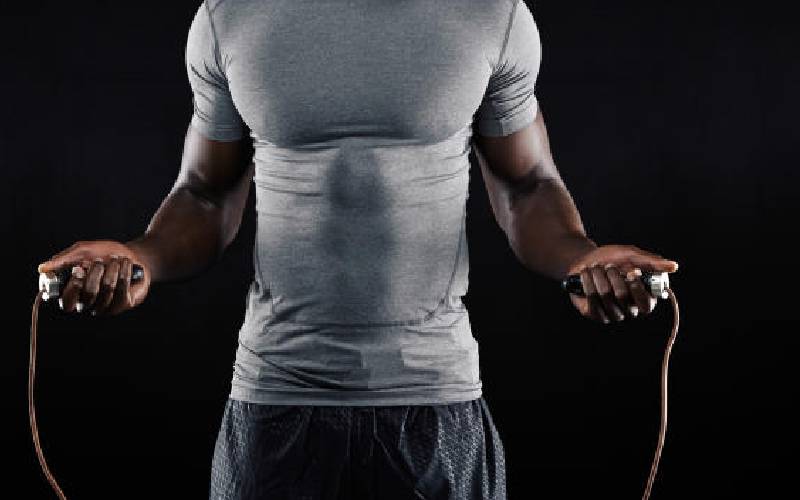×
The Standard e-Paper
Stay Informed, Even Offline

The fitness industry is enjoying a renaissance as people in urban centres get more concerned about lifestyle diseases. However, the business opportunities in the sector have yet to be fully exploited.